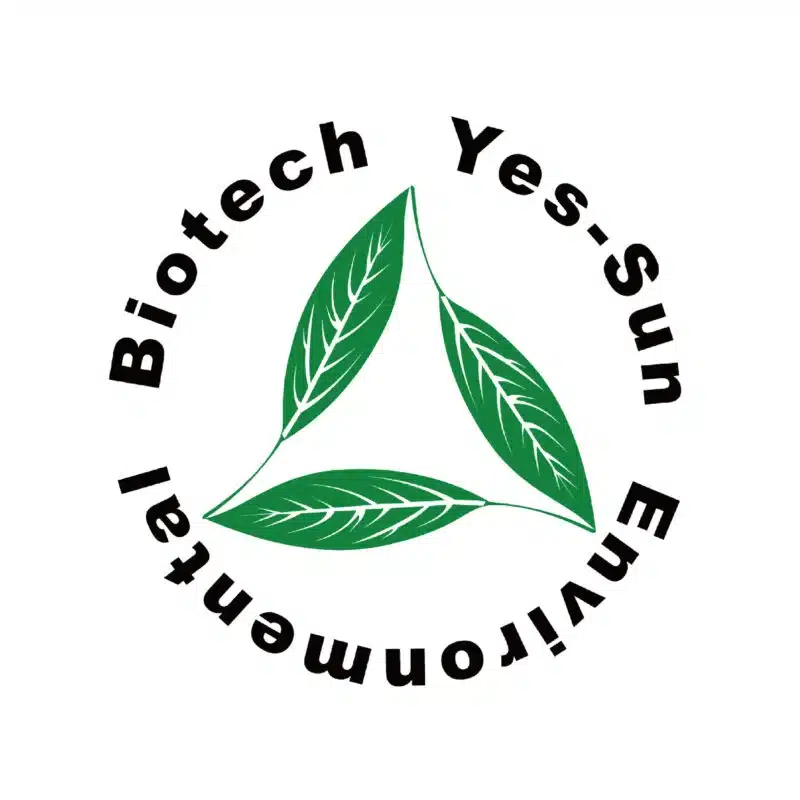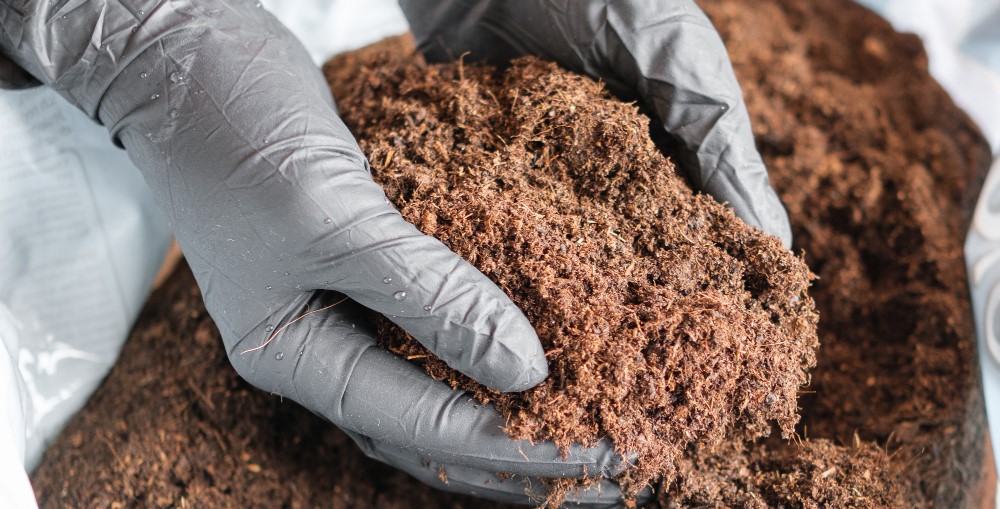https://www.compostmagazine.com/hot-versus-cold-composting/
Hot composting is a dynamic and effective way to decompose organic matter quickly, but it demands certain skills and efforts. It involves managing temperature (ideally below 60 degrees Celsius), moisture, oxygen, and the compost’s composition to speed up bacterial decomposition, with an emphasis on maintaining a balance between high carbon and high nitrogen materials. This method requires regular attention to air circulation, insulation, and moisture, as well as chopping or shredding materials for faster breakdown.
In contrast, cold composting is a more leisurely and less labor-intensive process. It naturally breaks down organic material without the need for heat, taking a year or longer to produce compost. This method is less strict about the balance of compost materials and overall maintenance, although it may result in issues such as odors and uneven composting, particularly if the pile is small or not well-mixed.
Key differences between the two methods include:
Speed: Hot composting works quickly; cold composting is slower.
Materials: Hot composting requires a balanced mix; cold composting is more flexible.
Maintenance: Hot composting demands more effort; cold composting is low-maintenance.
Size: Hot composting benefits from larger piles or insulated bins; cold composting can be done in any size.
Odor: Less likely in hot composting; more common in cold composting.
Pathogens and Weed Seeds: More effectively eliminated in hot composting.
Moisture Level: Hot compost may dry out; cold compost may become too wet.
Tools: Thermometers are helpful for hot composting; basic tools suffice for both.
The choice between hot and cold composting depends on individual preferences, resources, and desired outcomes, with hot composting being more effective for rapid decomposition and pathogen reduction, and cold composting being simpler and less demanding.
Discover the future of waste management with composting free technology
Handling organic waste properly can be challenging due to the unpleasant smell and dirty water produced during the composting process. Despite the availability of various composting technologies and equipment in the market, time and pollution remain significant concerns. However, a novel technology that combines patented equipment and enzymes offers a potential solution. This innovative approach can convert organic waste into fertilizer in just a few hours, and most importantly, without causing pollution.
Learn more


 中文 (台灣)
中文 (台灣) Bahasa Indonesia
Bahasa Indonesia Tiếng Việt
Tiếng Việt Bahasa Melayu
Bahasa Melayu Français
Français Español
Español Português
Português